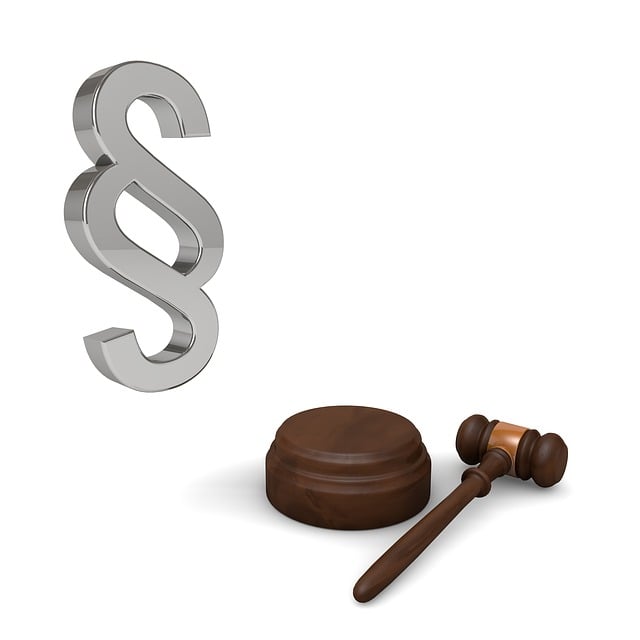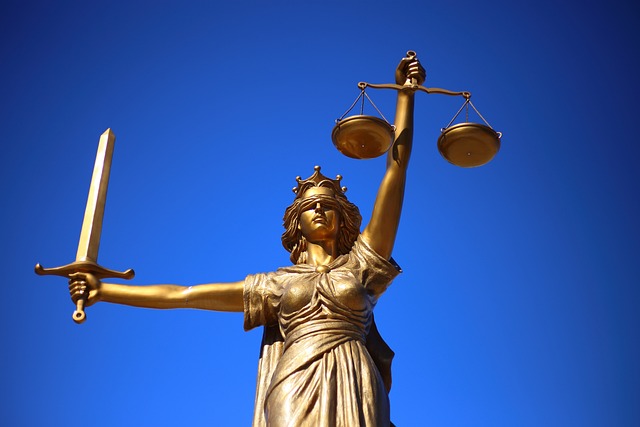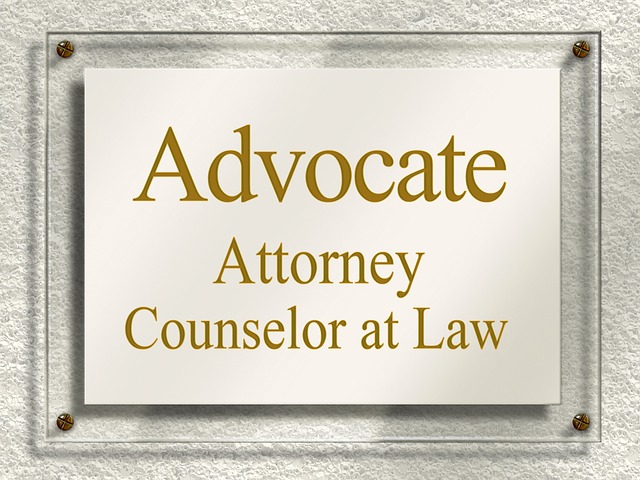Navigating Environmental Regulations Litigation through whistleblower protection laws demands strategic knowledge of local environmental rules and thorough documentation. It involves gathering evidence, crafting narratives based on internal communications and expert opinions, building a network of legal experts, clear case theory development, staying informed about regulatory changes, and leveraging expert insights to secure favorable verdicts.
Whistleblower protection lawsuits play a crucial role in upholding environmental regulations, empowering individuals to expose illegal activities while safeguarding their rights. This article guides you through the intricate process of navigating these legal actions. We start by understanding whistleblower protection laws and delve into the specific steps involved in environmental regulation litigation. Additionally, we offer strategic insights for building strong cases, ensuring success in holding polluters accountable. Learn how to effectively traverse this complex landscape with our comprehensive overview on How to Navigate Environmental Regulations Litigation.
- Understanding Whistleblower Protection Laws
- Navigating Environmental Regulation Litigation Process
- Strategies for Successful Whistleblower Cases
Understanding Whistleblower Protection Laws

Whistleblower Protection Laws (WPL) are designed to safeguard individuals who expose illegal or unethical activities within organizations from potential retaliation. These laws play a crucial role in encouraging employees to come forward with information about corporate misconduct, fraud, and violations of environmental regulations, among others. Understanding these protections is essential for anyone looking to navigate Environmental Regulations Litigation effectively.
By knowing their rights under WPL, whistleblowers can avoid being silenced or punished for doing the right thing. Across the country, various laws have been enacted to protect disclosures, preventing employers from taking adverse actions such as firing, discriminating, or retaliating against whistleblowers. This protection extends to those who report violations of federal, state, or local laws, including environmental regulations, ensuring that individuals are not placed at risk for general criminal defense issues like indictment simply for speaking up.
Navigating Environmental Regulation Litigation Process

Navigating Environmental Regulation Litigation can be a complex process, especially for those who find themselves as whistleblowers. The first step is to understand the applicable laws and regulations, which vary based on the jurisdiction. Each country or region has its own set of rules governing environmental protection, and these laws are designed to hold businesses accountable for their actions. Whistleblowers must familiarize themselves with these legal frameworks to ensure their claims align with the relevant standards.
To successfully navigate this process, it’s crucial to gather comprehensive evidence documenting the environmental violations. This may include reports, documents, or even firsthand accounts. Building a strong case requires meticulous attention to detail and a deep understanding of both the respective business operations and the legal implications of their actions. An unprecedented track record of complete dismissal of all charges for similar cases can provide valuable insights into crafting an effective strategy.
Strategies for Successful Whistleblower Cases

Whistleblower protection lawsuits are complex, demanding a strategic approach to navigate environmental regulations litigation successfully. When taking on high-stakes cases across the country, understanding the nuances of the law and employing robust tactics is key. One crucial strategy involves meticulous documentation; gathering comprehensive evidence, including internal communications, reports, and expert opinions, can significantly strengthen the case. This detailed record not only helps in presenting a compelling narrative but also facilitates navigating complex legal arguments.
Additionally, building a strong network of legal experts specialized in environmental law and whistleblower protection is vital. These attorneys can provide invaluable insights into potential challenges and craft innovative solutions for challenging defenses. By leveraging their expertise, plaintiffs can enhance their chances of securing winning challenging defense verdicts. Effective communication between the team, clear case theory development, and staying abreast of regulatory changes are further essential elements to ensure a successful outcome in these demanding cases.
Whistleblower protection lawsuits play a crucial role in upholding environmental regulations and ensuring corporate accountability. By understanding your rights under whistleblower protection laws, effectively navigating the litigation process, and employing successful strategies, you can make a significant impact in exposing environmental violations and fostering positive change. Mastering How to Navigate Environmental Regulations Litigation is not just about legal technicalities; it’s about standing up for what’s right and contributing to a cleaner, safer world.






